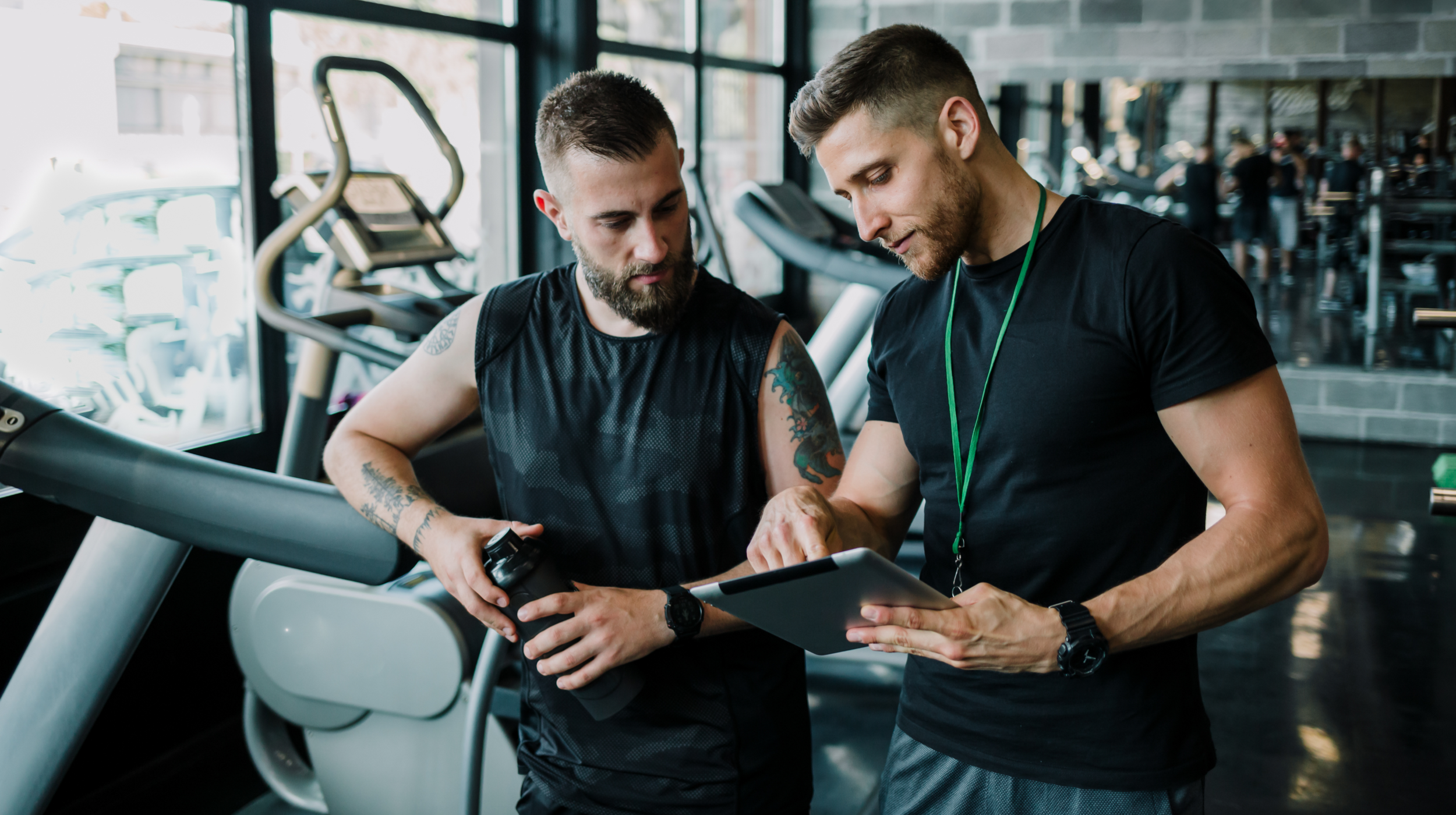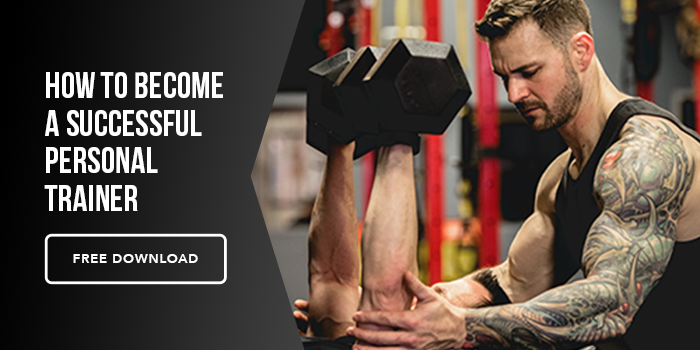There are a lot of personal trainers out there in the world. Some good, many are terrible. The sad truth is, it isn’t hard to obtain a certification. All having a certification does is show the trainer has competence to not get you hurt. Even then, that’s a stretch.
There are things you can look out for, to determine if the personal trainer you may be looking to hire actually knows what they are doing. Be sure to check out my previous article on How to Choose a Personal Trainer at My Local Gym.
Provides an Assessment
First and foremost they should be assessing you. I don’t know a bigger red flag than a trainer who just starts training you without figuring out your workout history, previous injuries, and seeing your overall limitations through basic movement patterns. A trainer who knows what they are doing will ask for all of these things. After all, how can they know what workout program to provide you without assessing you at first? There’s no reason to be doing an exercise that will stress your knee dangerously, if you told them you have knee issues. They instead, should be figuring out how to appropriately rehab that knee so it can move in a proper movement pattern again.
Includes Correctional Work Catered to You
A trainer's clients shouldn’t all be doing the same exercises. We are all unique. Compound movements like squats, deadlifts, and overhead presses are great exercises and some versions of them may be included in your program. The focus, however, should be figuring out what weaknesses and imbalances you have, and then targeting those areas first, so that the compound exercises can be executed perfectly.
For example, if I know you have low back issues, I might have you do glute bridges, or do exercises to activate your glutes before doing a squat where you may further add pressure on the low back due to you not being able to fire your glutes properly. Making these little tweaks, and creating focus on lagging areas, are what separate a decent trainer to a great trainer.
Feeling Worse After Your Workout
A trainer's goal should be to get you feeling good after your workout, not worse. So many trainers ego’s get in the way thinking they have to leave you feeling totally wrecked. The truth of the matter is, if you are super sore and tired, that is actually a sign you did TOO much work. You want to stimulate, not annihilate. Your workouts should consist of practicing your reps, at an appropriate load, and slowly increasing it over time. There is no need to max out every single session.
Not Helping You Perfect Technique or Progress
A trainer who knows what they are doing should be attentive to you the entire session. They shouldn’t be on their phones, looking around, or talking to other people. Their focus is with you for that hour. They need to be helping you perfect your technique, and safely progress. I’ve seen far too many bad trainers let their clients get away with crappy techniques where clients use momentum to move the bar or cable. Exercises should be slow and controlled. You should feel the muscle you are trying to work actually working. There is no reason to be letting your body compensate for the sake of finishing the movement. This is how injury occurs and a good trainer knows this. If you perfect your technique, then you are grooving patterns that allow your body to move the way it is supposed to move. You also shouldn’t be forever stuck doing the same exercises, weights, and reps every single session. It’s fine if they are keeping you at a certain weight to ensure good technique, but after a while, assuming you are improving, the need to add weight or reps becomes necessary.
Showing Off
Another ego driver. Trainers feel the need to try every new box jump, and kettlebell workout they come across. While it’s great to have the enthusiasm for training, they still need to keep in mind their clients' needs. There’s no reason your 80 year old client should be jumping on a box. This usually results in trainers pushing their clients too hard for the sake of showing off and forgetting why they are training you in the first place. Focus on the things that matter and eliminate the things that don’t.






